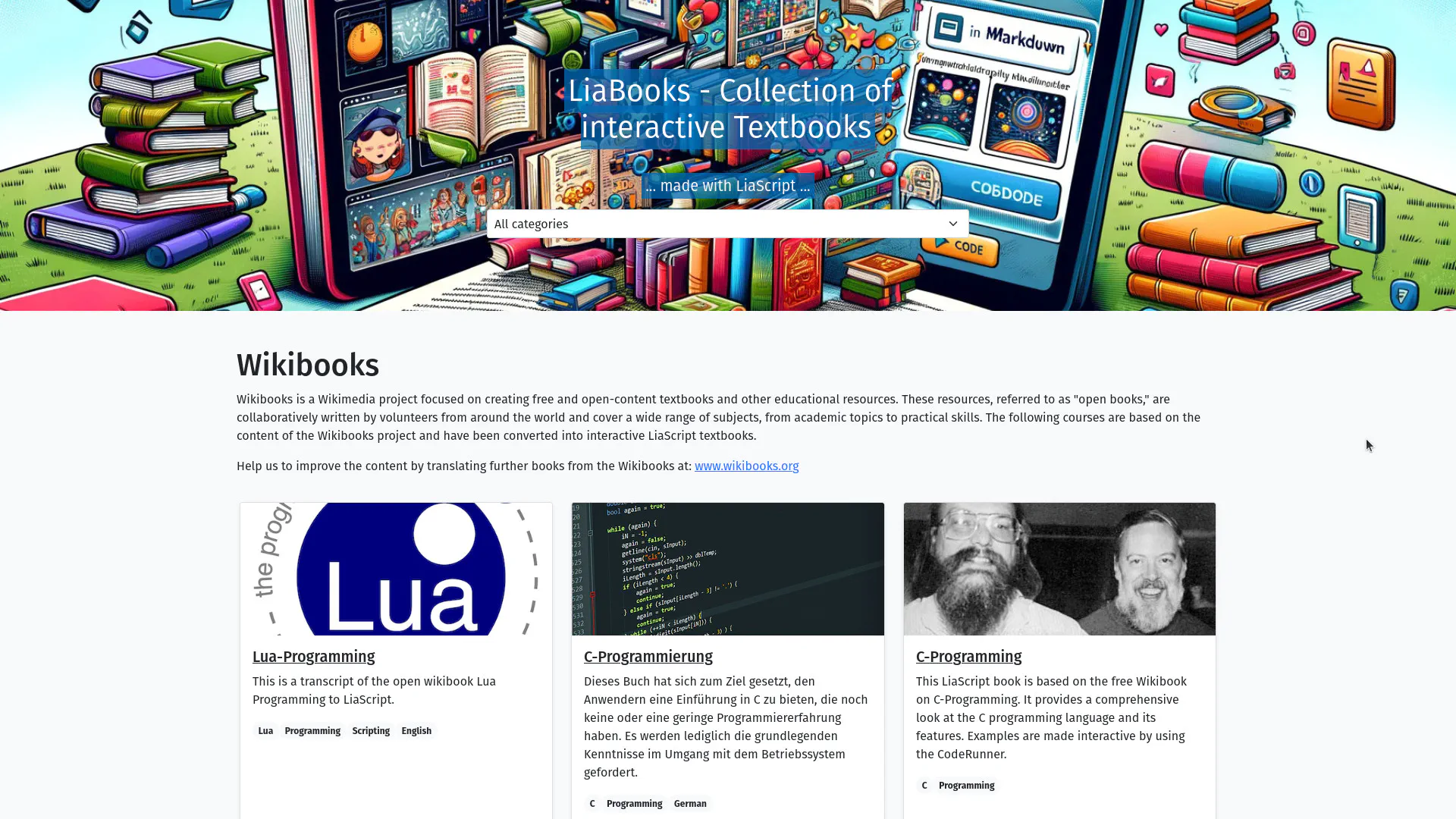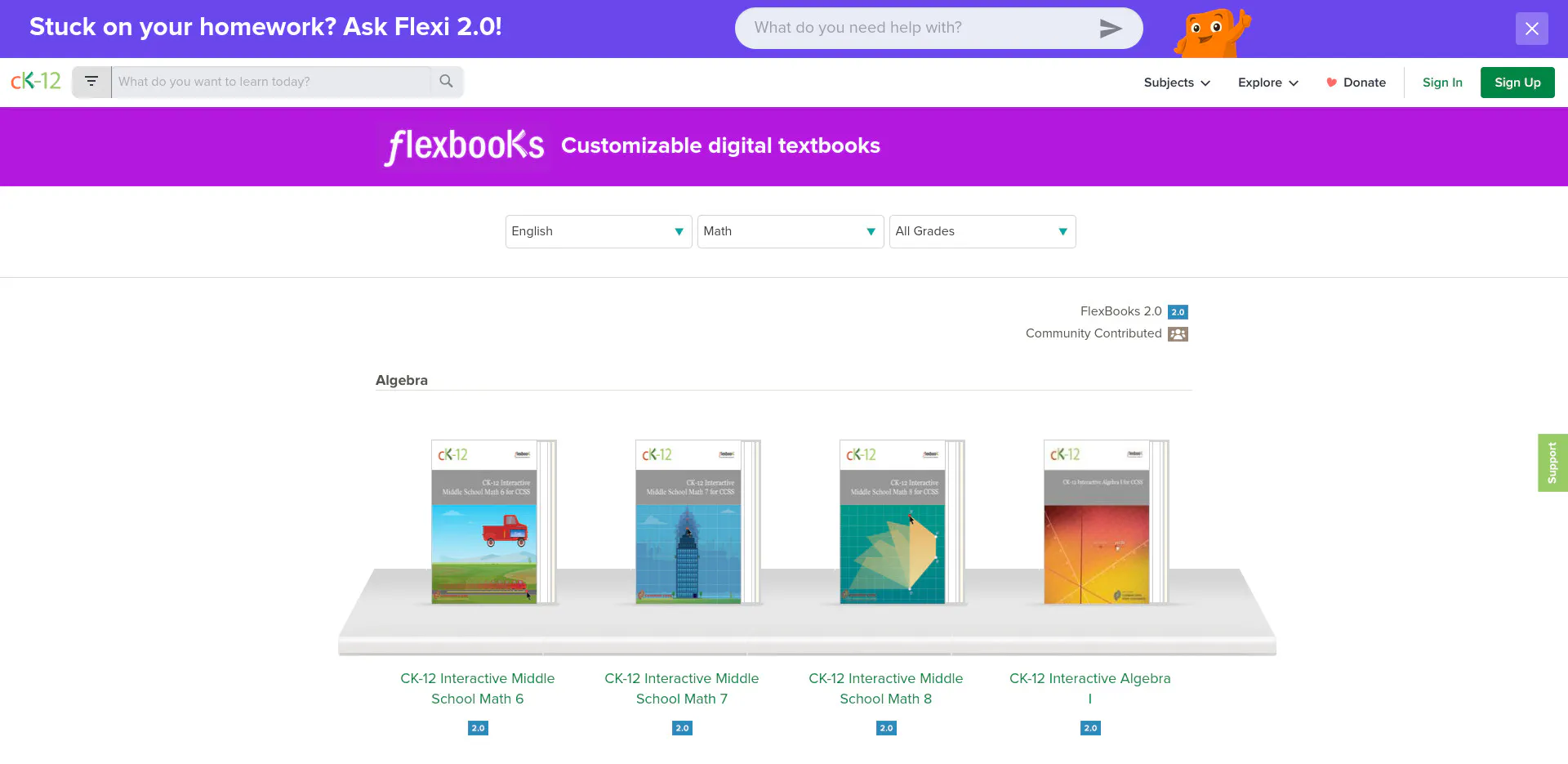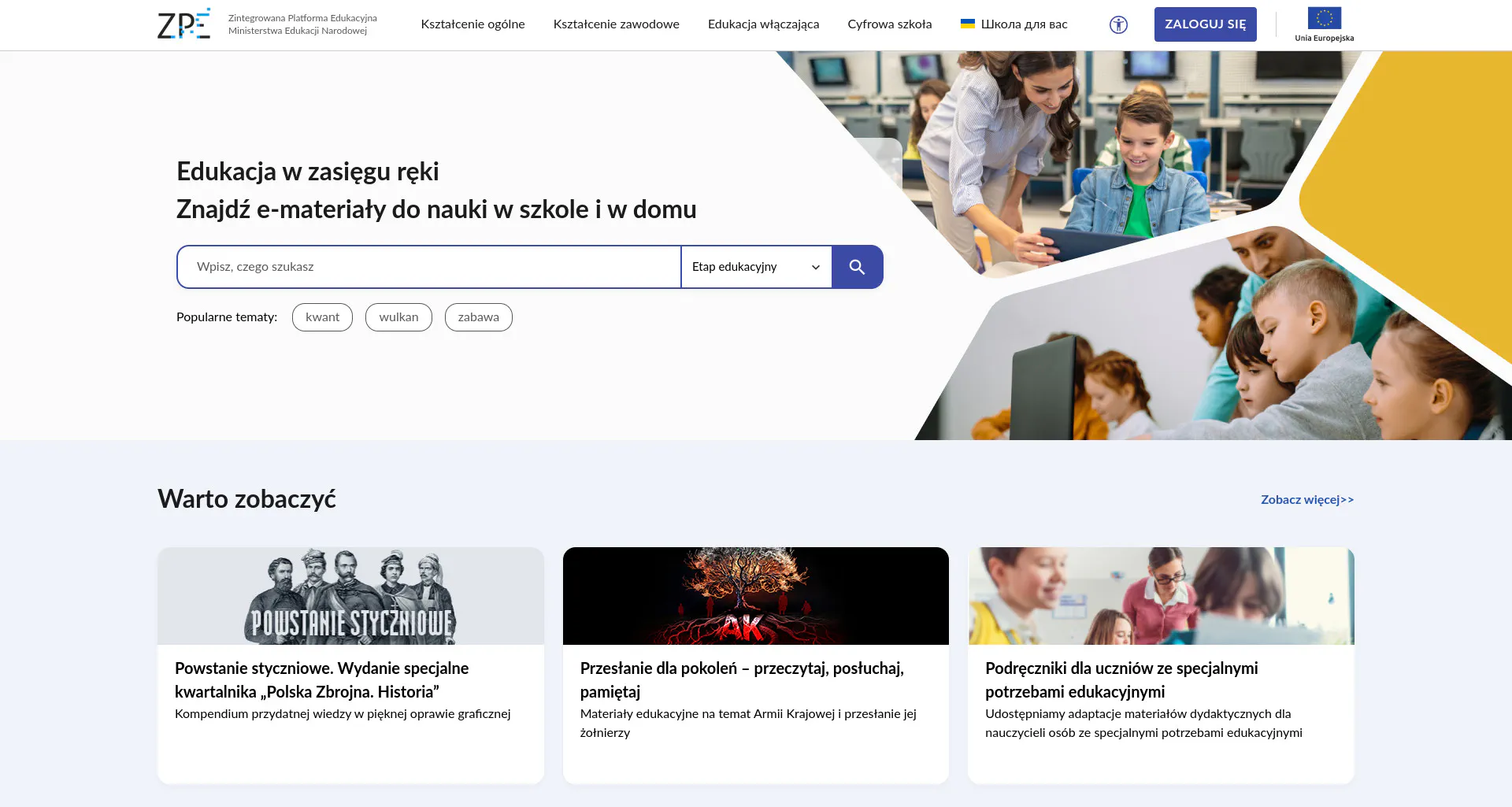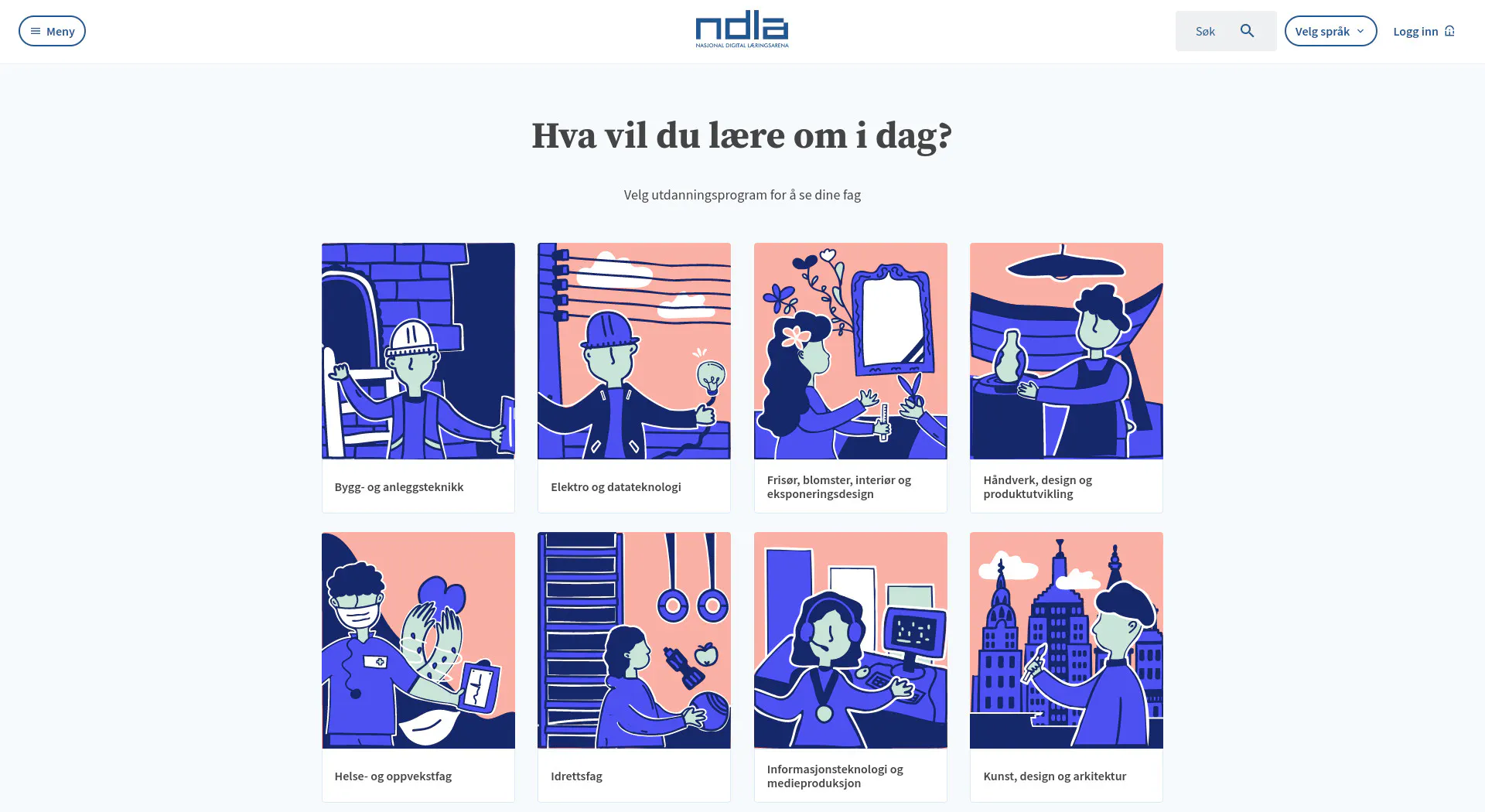
What Do Poland and Arnold Schwarzenegger Have in Common?
- André Dietrich
- Community
- June 18, 2024
… for translating open textbooks into interactive LiaScript books. But, based on our discussions at the eLearning Africa Conference we realized that there is a need for open textbooks for various purposes. With the LiaBooks project we would like to translate such open textbooks from around the world into LiaScript. This way, we hope to make digital textbooks more accessible, reusable and adaptable for everyone. If you are interested in this project, please feel free to contact us and help us to translate such books into a more interactive format.

All current books are hosted here: https://github.com/LiaBooks/
Education is a cornerstone of societal development, yet access to educational resources remains uneven globally. Many students in low- and middle-income countries struggle to access up-to-date textbooks, which hampers their learning opportunities. In this context, innovative initiatives from Poland and Arnold Schwarzenegger are making significant strides in promoting open educational resources (OER) to bridge this gap.
In May 2009, Governor Arnold Schwarzenegger unveiled a pioneering initiative offering free digital textbooks in California, addressing economic challenges and textbook controversies. Before this move, California’s schools faced over $400 million in annual textbook expenses, a figure set to rise with increasing enrollment. The initiative sought to alleviate these costs by developing and adapting open-source textbooks through innovative licensing frameworks like Creative Commons.
Central to this initiative is the California Open Source Textbook Project (COSTP), aimed at creating high-quality digital textbooks aligned with state standards. Collaborating with non-profits like the CK-12 Foundation, these FlexBooks are customizable and integrate seamlessly into modern education. They are downloadable, viewable on screens, and projectable in classrooms.
COSTP’s goals are fourfold:
- Eliminate the $400 million annual textbook expenditure.
- Expand the range of K-12 educational content.
- Resolve textbook shortages.
- …
Schwarzenegger emphasized the need for innovation to save money and enhance education, positioning California as a leader in educational technology. This initiative aimed to reduce costs, promote collaboration among districts, and ensure access to quality education for all students.
The California Learning Resource Network (CLRN) ensured the quality of these open-source textbooks by reviewing them to meet state standards, guiding schools in their selection processes. This quality control guaranteed cost-effective, high-standard resources.
Flexbooks Project
The CK-12 Foundation’s FlexBooks initiative is a groundbreaking effort to provide free, customizable digital textbooks, primarily focused on K-12 education. FlexBooks are designed to meet state and national standards, covering subjects such as math, science, and social studies. These textbooks are interactive, featuring videos, simulations, and practice exercises, and can be accessed on various devices including laptops, tablets, and smartphones. The initiative aims to reduce educational costs while enhancing the learning experience by offering up-to-date, adaptable content for teachers and students alike.
Source: https://en.wikibooks.org/wiki/User-Generated_Content_in_Education/CK-12_Flexbooks

Poland Is Pioneering the World’s First National Open Textbook Program
Poland has taken a pioneering step by launching the world’s first national open textbook program. This initiative arose from years of advocacy by open education proponents and was driven by the need to alleviate the financial burden of textbooks on parents and the education system. The program consists of two main initiatives: one for the first three years of school and another for primary and secondary education.
The open educational resources (OER) developed under this program are freely available, adaptable, and continuously updatable, providing a cost-effective solution that empowers teachers to tailor educational materials to their needs. The Polish government, recognizing the potential for significant cost savings and educational enhancement, allocated substantial funding to support the development and implementation of these open textbooks.
In 2012, the Polish Council of Ministers approved funding for the Digital Schools’ Pilot Program, which included US$13 million for the development of open textbooks. Additionally, the Ministry of Education launched its own initiative for the early years of schooling in 2013. These programs have been estimated to save Polish parents €24 million in the first year, with total annual savings projected to reach €168 million by 2020.
The success of Poland’s OER initiatives has sparked interest in similar programs in other countries. By leveraging open licenses and engaging local communities in content creation, Poland’s approach not only reduces costs but also enhances the relevance and quality of education.

Norwegian Digital Learning Arena
The Norwegian Digital Learning Arena (NDLA) is a pioneering initiative aimed at providing high-quality, internet-based open educational resources (OER) for upper secondary education in Norway. Established in 2007, NDLA is a joint enterprise co-owned by 18 of Norway’s 19 county councils, excluding Oslo. The initiative emerged when the Norwegian Ministry of Education and Research delegated the responsibility for acquiring learning content from the state to the county level.
NDLA’s mission is to develop and publish freely accessible digital learning resources that cover a wide range of subjects, including mathematics, natural sciences, social sciences, vocational education, and more. These resources are created by engaging teachers for specific periods, ensuring the materials meet the needs of both teachers and students. Additionally, NDLA collaborates with various educational technology companies in Norway, which helps stimulate the local EdTech industry.
With an annual operating budget of approximately 8.2 million euros, NDLA represents about 20% of the total public funding allocated for learning resources in upper secondary education. The platform offers over 17,000 learning resources across 146 examination subjects, making it the largest repository of digital learning materials for upper secondary education in Norway.
NDLA has been recognized for its innovative approach, winning several awards, including the Boldic Award in 2014 and the Open Educational Resources Award for Best OER Site in 2017. The initiative is also noted for its collaborative model and its commitment to providing equitable access to education, aligning with the United Nations’ Sustainable Development Goal.
For more detailed information about NDLA and its resources, you can visit their official website.

More
Of course there are more projects out there, a small collection can be found in the following blog-post:
Open Textbook Repositories
This alphabetically sorted overview is fare from being complete, but it should give you a good starting point to find open textbooks for your courses.